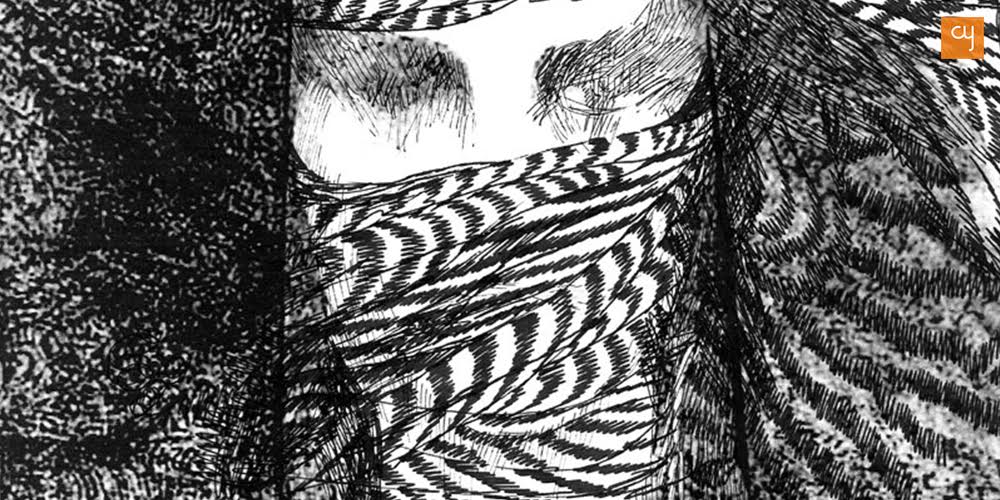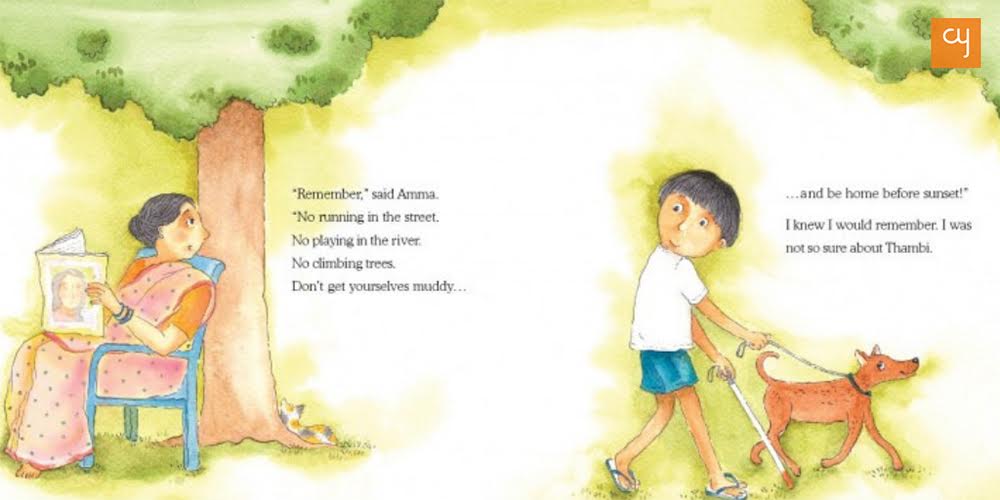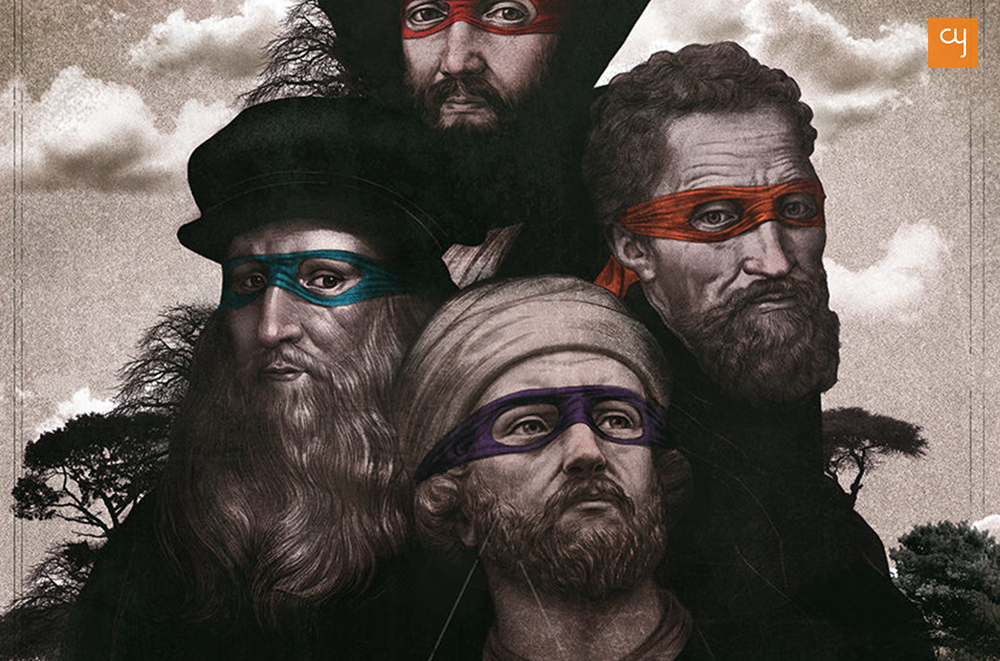Celebrating the poetry of Imtiaz Dharker, an extremely important poet of our times
Poet Imtiaz Dharker recently rejected the UK Poet Laureateship weighing ‘the privacy [she] needed to write poems against the demands of a public role.’ The focus of this article, however, is not on that. It is to celebrate the poetry that she has gifted to us, through her beautiful self-designed books and her powerful public readings.
“With every choice lifted away
simplicity remains
Today I am alive. Today
we are still here.”— ‘Translations’, Imtiaz Dharker
We are not learning if we’re not devouring; and if we’re not devouring, we’re perhaps not reaching out enough. Poems speak both ways—not just through the writer, but also through their receivers. Of the many beautiful ways that I was introduced to more poetry over the last few years, I am most thankful for being introduced to Imtiaz Dharker’s works. My first real conversation with her poetry was through her neat set of poems that appeared in Nine Indian Women Poets, edited by Eunice D’Souza, and the second was through her book The Terrorist at My Table.
However, much before that, I was briefly introduced to Dharker’s work by my Indian English Literature professor, Dr. Raj Rao in college, through her poem “Another Woman” :
“She crouched, as usual, on the floor,
beside the stove,
When the man came home,
she did not look into his face,
nor raise her head but bent
her back a little more.
Nothing gave her the right
to speak.She watched the flame hiss up
and beat against the cheap old pot,
a wing of brightness
against its blackened cheek.This was the house she had been sent to,
the man she had been bound to,
the future she had been born into.”
There is nothing better than being on the receiving end of a poem read out well, and that’s exactly how I received it, through the controlled voice of our teacher, who had just finished rhythming to the melodious Sarojini Naidu’s “Lightly, O lightly we bear her along!” Later, he told us that the point of reading both poems was to provide somewhat of a sequel as well as a contrast to Naidu’s poem through Dharker’s “Another Woman”, and to show us in this manner, the differences that lay in the writings of the two.
Beyond labels of identity
Imtiaz Dharker famously describes herself as someone who “grew up a Muslim Calvinist in a Lahori household in Glasgow and was adopted by India and married into Wales.” Therefore, she creates no space for labels that limit the idea of an identity and the idea of a home. Rather, her words allow the finding of them in moments lived, experienced, and sometimes even imagined.
“I need to eat bacon and eggs
and the petals off a rose
…
I need my mother’s chicken salan
I want her to break the roti
scoop up the gravy.”
Dharker writes this in her poem “I need”. What name do we give to this and that moment then, moments in which we’ve lived but which we couldn’t call a country?
Dynamism in Dharker’s poetry
Poet Arundhati Subramaniam, in a beautiful essay titled “The Smell of Coffee and the Taste of Olives…”, captures Dharker’s poetry perfectly when she writes, “Meeting Imtiaz Dharker is a little like reading her poetry. The approach is understated; the tone sophisticated without being mannered, quiet without being bland, impassioned without being dogmatic; the conversation uncluttered and precise, willing to turn exploratory, but never given to unguarded self-revelation.”
I have never met Imtiaz Dharker in real life, yet I think I have met her—when she is on her way to finding women who have sprung from scattered “pomegranate seeds” that slip out into the garden, who are coming back with their hair undone; or when she catches Bombay/Mumbai in all its duality, “wear[ing] two names”, offering calling cards with both hands; or when she follows the girl encountered through strange recurrences, one who wore red ribbons in her hair, tied perfect bows out of them, and “emerged out of chaos/poised.”
Dharker’s poems carry beautiful rhythms, which do not dilute the power of her words but walk hand in hand with them. They sit in unexpected corners, elevating the greater sense of beauty and mystery in her poems and adding dynamism into the reading of them.
They need to be read out loud then, whether you read them when sitting in a room alone, with only the murmur of the breeze, or when you stand surrounded by friends whose chitter-chatter is finally coming to an end as they wait for you to show them the world that Dharker created for us to enter into.

“I would come this way again
Birling and birling harder, this is the way
we girls make the world around us whirl
until it turns into an O! Of admiration.
Hands locked, wrists crossed,
a scurry of hot toes,
our poppy-printed cotton frocks
furling and unfurling,
liberated into parachutes.Turning and turning, summer days
stretch their long fingers
through our hair, arcs fanned out
and twirled about, tossed free
of nylon bows. The earth tilts
under us. This is when buttons pop
and shoe-straps snap
and our ankle-socks grow wings.”
“These are the times we live in”
Dharker’s poems sometimes portray the vastness of the universe held in small liberations, and at other times, they inform us of moments of violence that one needs liberation from. For instance, in the series of poems titled “These are the times we live in”, she writes about a terrifying erasure of identity and truth in these times:
“They got an eraser as big as a house
and they began to use it to delete your life,
the names of your lanes and roads and streets,
your stories and your histories,
your lullabies. They rubbed
out your truth, and they left in your lies.
They snatched your family portraits,
shot them all over again with different people,
started from scratch.
They took your books and broke their backs
cracked their spines,
the margins gone, all the lines
jumbled together, pages torn.Your words have packed their bags
and gone. New ones have crawled
back
all crumpled
and small like jailbirds into cages,
to fit
the times
we live in.”
In another poem “A Century Later”, she shows us what courage looks like in the face of real terror, when she takes us through spaces that have displaced those from marginal sections, like the little girls here for whom school becomes a battleground:
“…every step to class, a step into the firing-line.
Here is the target, fine skin at the temple,
cheek still rounded from being fifteen.Surrendered, surrounded, she
takes the bullet in the headand walks on.”
In her poem “Purdah I”, which can be found in many anthologies, she sharply comments on the system of purdah, the veil that is given to a woman to keep her away from shame.
“One day they said she was old enough to learn some shame.
She found it came quite naturally.Purdah is a kind of safety.
The body finds a place to hide.
The cloth fans out against the skin
much like the earth falls
on coffins after they put the dead men in.”
Dharker has appeared for several readings, on the radio and on big stages, sharing incredibly important voices from history through her poetry. She has been a fellow at the Royal Society of Literature. She has published 6 full-length books of poems, each carrying her own illustrations. Recently, she was awarded the UK Poet Laureateship, and when one reflects on her contribution to poetry, one can only nod and say, “about time”. However, we also need to ask ourselves—how much of this contribution are we honouring if we aren’t reading Dharker enough today?
Imtiaz Dharker is an exceptionally important poet of our times, asking important questions—“who put a gun in my hand/and took away my land?… Who led me/Who stroked my head/sang me to sleep/Who fed me/Whose hand should I bite?/ Who made me?”—and we all need to read her.
promotional
Yatra Archives

 How Tulika Books is creating impact in children’s lives through picture books
Nandini Varma
How Tulika Books is creating impact in children’s lives through picture books
Nandini Varma
Aug 20, 2019
A children’s book about a boy who feels like a girl. And about a child brought up by grandfathers. These are some of the stories published by Tulika Books, who have been making children’s picture books since 23 years. Little…
 Dalgona Coffee: A worldwide social media trend about home-made café experience
Harshil Shah
Dalgona Coffee: A worldwide social media trend about home-made café experience
Harshil Shah
Apr 1, 2020
While the lockdown has ignited various trends on social media, one that has received a major global following is #DalgonaCoffee. With thousands of posts on its name, here’s all you need to know about the Dalgona Coffee wave. I first…
 Leonardo, Michelangelo, Raphael and Donatello—Artists or Teenage Mutant Ninja Turtles characters?
Harshil Shah
Leonardo, Michelangelo, Raphael and Donatello—Artists or Teenage Mutant Ninja Turtles characters?
Harshil Shah
Nov 4, 2019
Did you ever wonder where the Teenage Mutant Ninja Turtles’ characters got their names from? Well, your search is complete. Here is a brief introduction of the artists from whom the creators of TMNT took inspiration. Teenage mutant ninja turtles,…
 The call of the mountains: orthopaedic Dr Yatin Desai’s advice on trekking
Himanshu Nainani
The call of the mountains: orthopaedic Dr Yatin Desai’s advice on trekking
Himanshu Nainani
May 23, 2019
In this piece 64 year old Dr Yatin Desai, shares with CY his inspiring story of how to scale towering mountains with utmost ease and how this life adventure activity can shape human character and health. Chances are high that…




